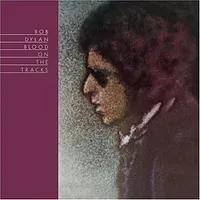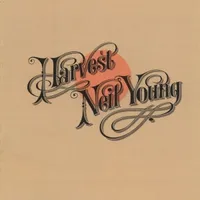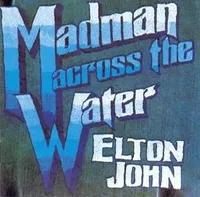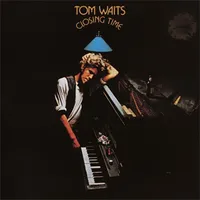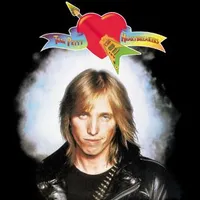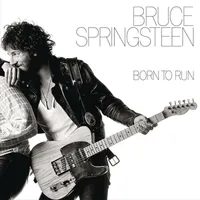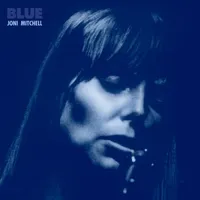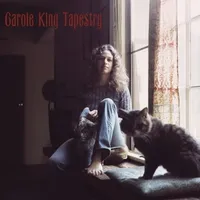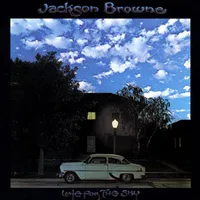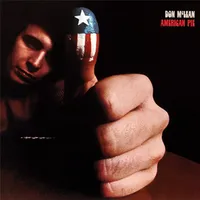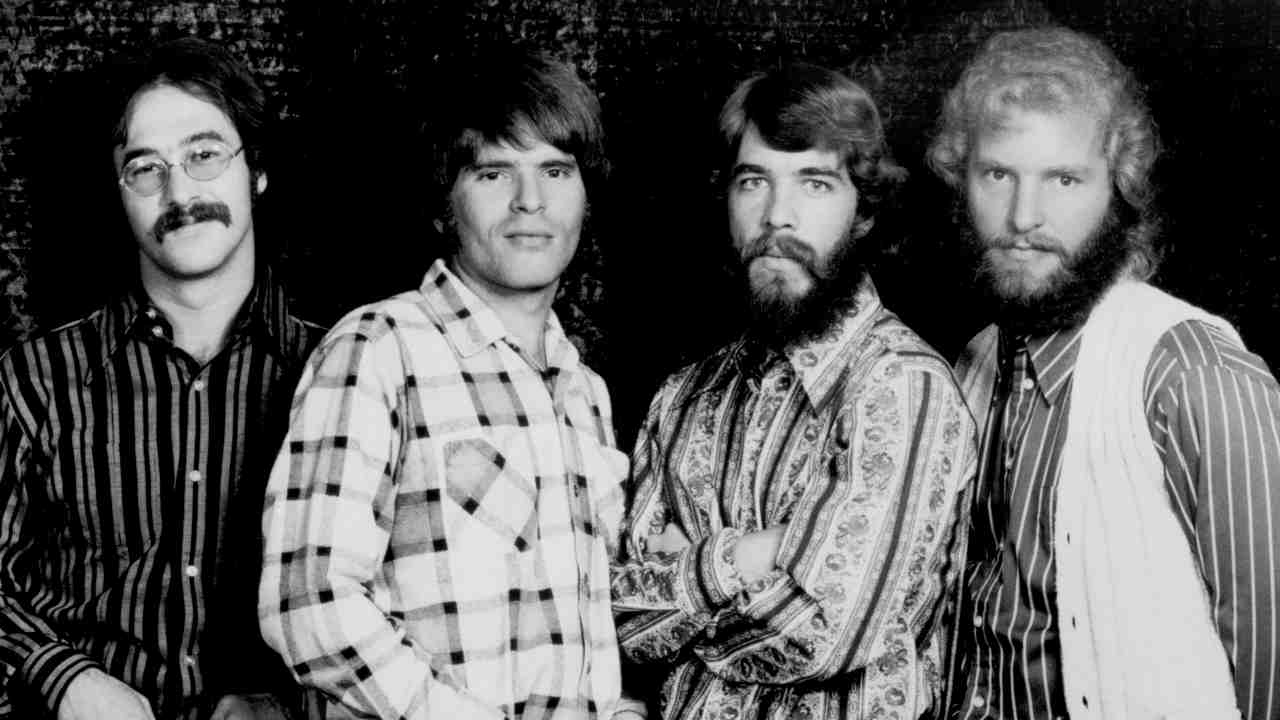10 singer-songwriter albums you should definitely own
As 60s folkies gave way to 70s troubadours, a generation of singer-songwriters who could rock as well as strum took the limelight. Here's 10 of the best singer-songwriter albums
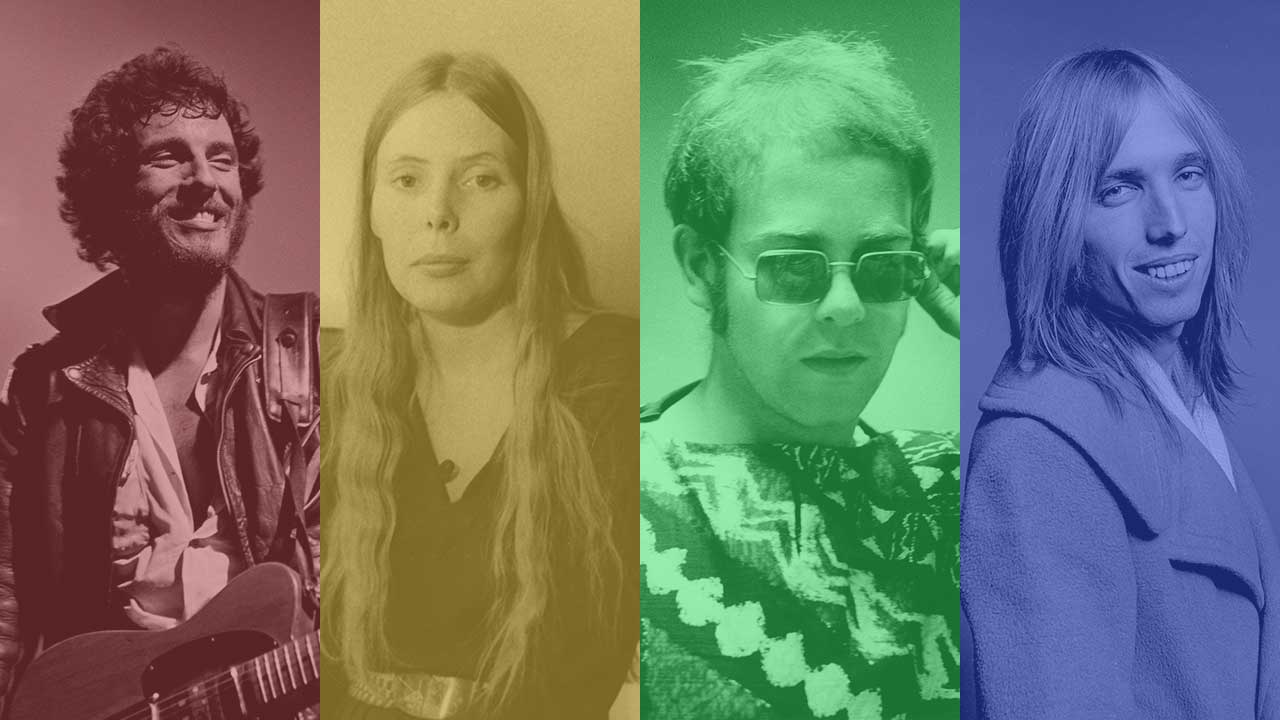
In the musical years BB – that’s Before Beatles – the overwhelming majority of chart artists did not write their own songs. The crooners of the day turned in interpretations of other people’s compositions, notably those of the Great American Songbook; George Gershwin, Cole Porter, Rodgers and Hammerstein and the like.
There were even stables of songwriters whose job was precisely that, to sit and write songs for others. But then the folk scene exploded into the mainstream in the early 60s.
Before we knew it, the likes of Bob Dylan, Joan Baez and Simon & Garfunkel (in the United States) expanded their remit, started writing their own songs and began breaking through on to the radio and into the pop charts. While in the UK folkies like Donovan and John Martyn began following suit and were soon seeing success outside of their regular circle of attention.
However, what began life in the folk scene of the 1960s really found its teeth in the troubadours of the 70s. These men and women took their songs out on the their road to anyone who would listen, and in the most part all they needed was a microphone and an instrument to get their story across.
The narrative storytelling of a lot of traditional folk music was replaced by the singer’s personal observations on the world, or their own emotional world view. Songs started to become much more personal.
The lyrics were confessional, raw and sometimes uncomfortable for the listener – as if writing them had been a form of catharsis for the composer. The kind of songs that began to emerge were of the type that you couldn’t imagine anyone other than their author singing – who else can really bring the true depth of feeling to a song such as Neil Young’s Needle And The Damage Done, that deals so heartbreakingly with a death of a dear friend to drug addiction?
Or can anybody else inhabit Tangled Up In Blue in the same way that Dylan managed to on his seminal Blood On The Tracks?
But before you start thinking that the great singer-songwriter uprising was just a bunch of fey boys and girls with pianos or acoustic guitars whining about their doomed love affairs or crappy lot in life, stop right there. Several of this new breed of entertainer backed themselves up with their own full-on band. Stand up The Heartbreakers, Tom Petty’s backing bunch, Neil Young’s Crazy Horse conglomerate and does Bruce Springsteen’s E Street band need any introduction?
These were all artists who were unafraid to rock when the time called for it. Or, equally, were unafraid to tone it down to a whisper when need be.

Bob Dylan - Blood On The Tracks (1975)
Already 15 years into a highly-acclaimed career, and the adopted “voice of a generation” delivers an album of such quality that it’s still the benchmark to which his subsequent albums are held. Chronicling the traumatic break-up of his marriage, Blood On The Tracks sees Bob Dylan in a quieter, more melancholic frame of mind.
Lyrically he moves from sorrow to bitterness to resignation, anger and regret – it’s so personal, it almost hurts. This is the album that gave us Tangled Up In Blue and Shelter From The Storm. And it doesn’t get much better than that.
Throughout his nearly four decade career, Neil Young has encompassed many styles, but it’s perhaps Harvest that displays his unique talent as a singer-songwriter the best.
While running the gamut from straight-forward country rock (Are You Ready For The Country) to lushly orchestrated (Words (Between The Lines Of Age)), Young never fails to convey the emotion of the story at hand. The Needle And The Damage Done – Neil’s stark acoustic musical documentation of his friend (and guitarist)’s destruction by heroin that remains profoundly affecting.
Elton John - Madman Across The Water (1971)
Pianist singer/songwriter/rocketman Elton John released a brace of brilliant albums in the 70s. At the time of Madman…, his songwriting partnership with Bernie Taupin was at its creative peak.
Opening with Tiny Dancer (since immortalised in Almost Famous), Elton sets the scene for nine perfectly crafted songs. Indian Sunset is a brave move for both its lyrical content and sparse musical arrangement – and it enjoyed a new lease of life when it cropped up as a significant sample on Tupak Shakur’s No.1. Ghetto Gospel.
Tom Waits - Closing Time (1973)
If whisky-sodden bar room tales of heartbreak and songs populated by characters who have had a hard ol’ life are your thing, then look no further than Tom Waits’s debut. Straddling the line between rock and lounge singers like Frank Sinatra and Tony Bennett, Wait’s melancholy gruff delivery conjures images of broken dreams and colourful characters.
Although predominantly piano-based, Waits displays his songwriting versatility with the ragged acoustic guitar of I Hope That I Don’t Fall in Love With You and the psuedo jazz funk of Ice Cream Man.
Tom Petty & The Heartbreakers - Tom Petty & The Heartbreakers (1976)
Naming his debut album after him and his band, Tom Petty’s initial assault on the listening public was a thing of beauty. Packed with short (not one song exceeds four minutes), sharp, blue-collar vignettes of life and love, Petty managed to convey the feeling of ‘everyman’ into his work while his jangly trademark guitar powered the melodies.
And 30 years on, the raucous three-and-a-half minute thrill of closer American Girl sounds as fresh today as it did upon its original release.
Bruce Springsteen - Born To Run (1975)
This was the album that saved the young Boss’s career. And it’s easy to see why. Expanding upon the blue-collar groove and tales of everyday folk of his first two albums, Born To Run was a taught, lean beast of a record.
Opening with the ferocious Thunder Road, the guitars are full on, and Bruce’s vocal delivery is as impassioned and vital as his tales of small town despair. If there’s any doubt that this is a songwriter at his best, simply listen to the conviction of the title track.
Known for her quirky lyricism and weird guitar tunings (it’s said that Mitchell can’t play many of her early songs the way they were recorded as she doesn’t recall how she tuned her guitar), Blue is Joni’s tour de force.
From the plaintive, heartbreaking Christmas lament of River via the lyrically brilliant Case Of You (‘I could drink a case of you and still be on my feet’) to the upbeat, feelgood Carey, this album makes the listener run the full gamut of emotions. This Flight Tonight, the Joni song that Scottish rockers Nazareth would make their own, made its debut on this record.
During the early 60s, pianist Carole King made her name by being a songwriter for hire. Teaming up with Gerry Goffin she wrote countless hit songs (The Loco-Motion and One Fine Day to name but two). Having gained enough confidence to trust in her own singing voice – King stepped out on her own, but it wasn’t until Tapestry (her third release) that her solo career took off.
Featuring the likes of I Feel The Earth Move, Will You Still Love Me Tomorrow and You’ve Got A Friend (made famous by James Taylor), this is the work of a songwriter in her prime.
Jackson Browne - Late For The Sky (1974)
1977’s decidedly country-tinged Running On Empty might be the album that everyone recalls when Jackson Browne’s name is mentioned, but it’s his third album, Late For The Sky, that truly displays his talents as one of the 70s finest singer/songwriters.
Covering traditional singer-songwriter topics like life, love and death, Browne brings a depth of emotion and canny lyrical feel to his work. The epic, closing Before The Deluge features the line ‘Now let the music keep our spirits high’ – a sentiment that epitomises Browne’s work.
Don McLean - American Pie (1972)
Surely there can’t be a person alive who doesn’t know the title track of Don McLean’s second album, the epic tale relating the untimely death of Buddy Holly (y’know, ‘the day the music died’). But there’s more to McLean than that oft-covered song as this batch of ten tracks proves.
From the sweet acoustic guitar melancholia of Vincent (Starry Starry Night) – a tribute in song to painter Vincent Van Gogh via the bleak, regretful Empty Chairs to the beautiful balladry of Winterwood, McLean proves that he can just stay the right side of schmaltz with his songwriting.
Sign up below to get the latest from Classic Rock, plus exclusive special offers, direct to your inbox!

Classic Rock editor Siân has worked on the magazine for longer than she cares to discuss, and prior to that was deputy editor of Total Guitar. During that time, she’s had the chance to interview artists such as Brian May, Slash, Jeff Beck, James Hetfield, Sammy Hagar, Alice Cooper, Manic Street Preachers and countless more. She has hosted The Classic Rock Magazine Show on both TotalRock and TeamRock radio, contributed to CR’s The 20 Million Club podcast and has also had bylines in Metal Hammer, Guitarist, Total Film, Cult TV and more. When not listening to, playing, thinking or writing about music, she can be found getting increasingly more depressed about the state of the Welsh national rugby team and her beloved Pittsburgh Steelers.
